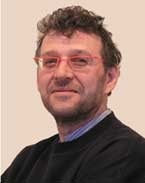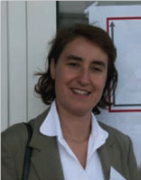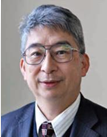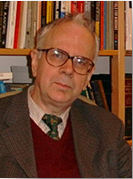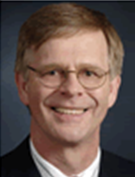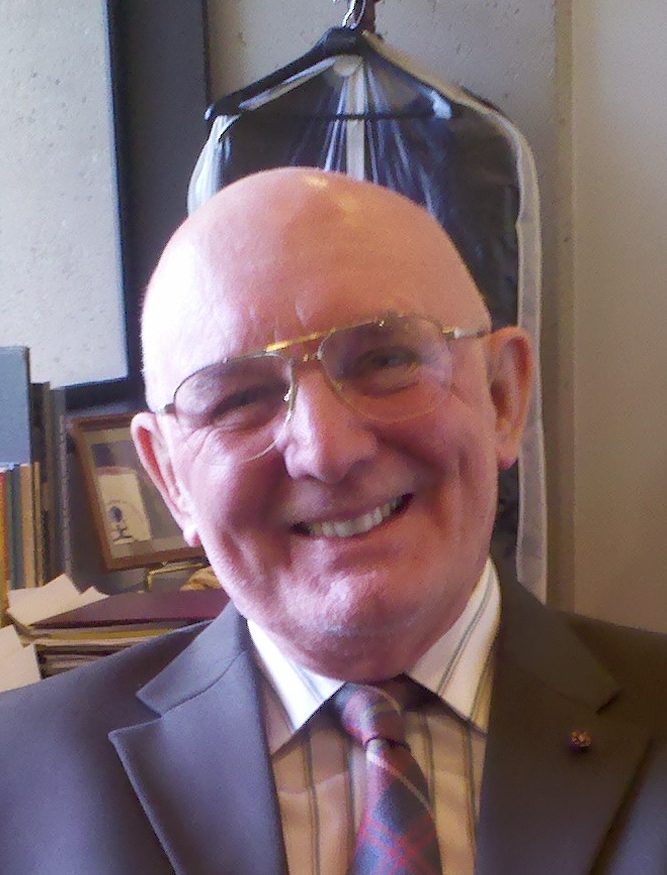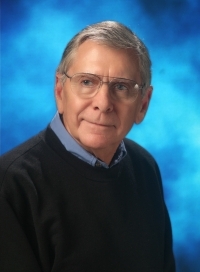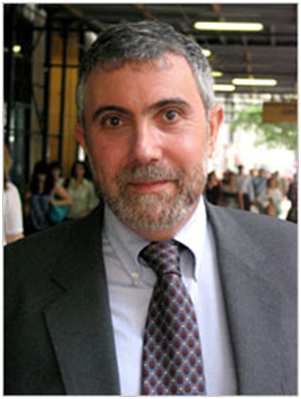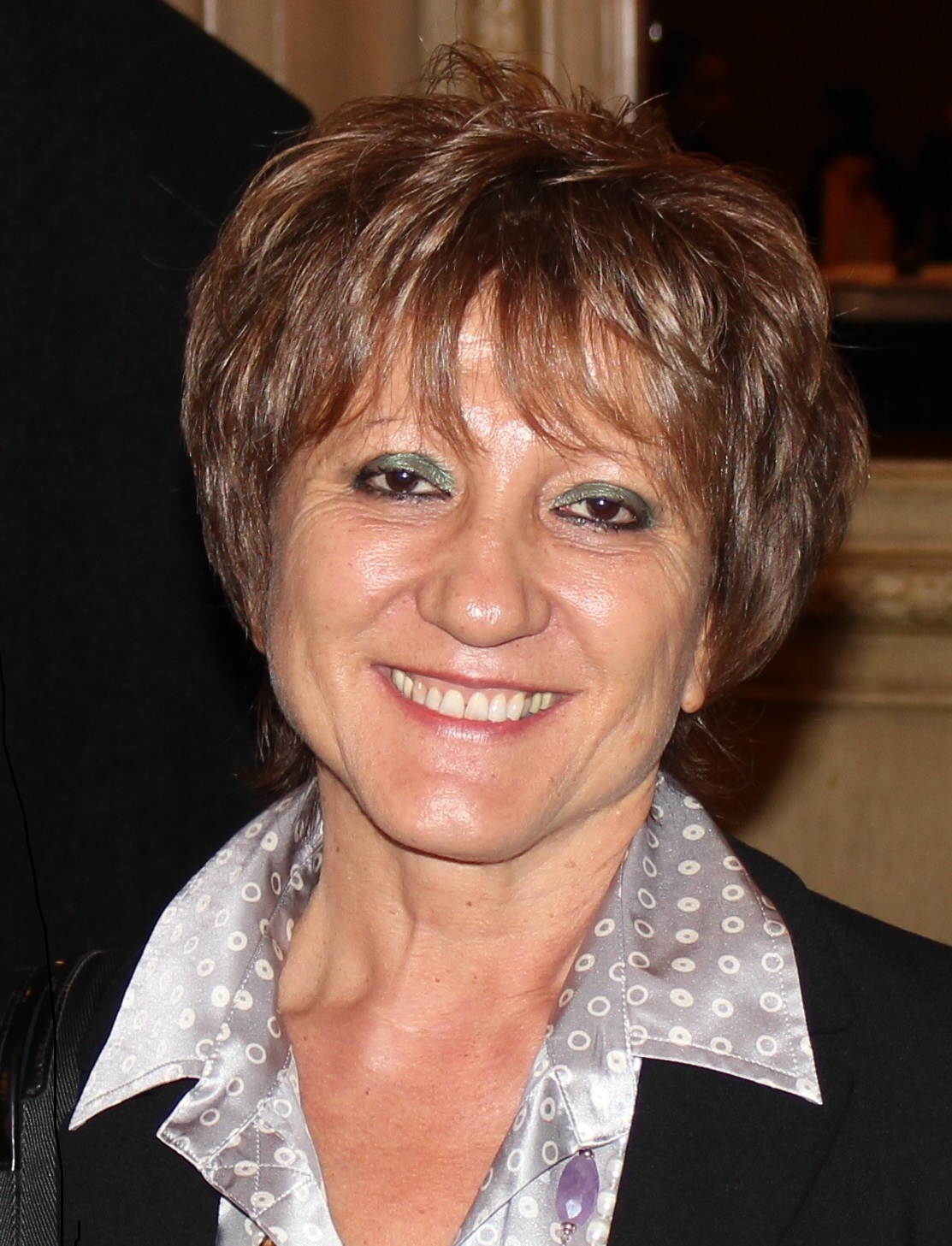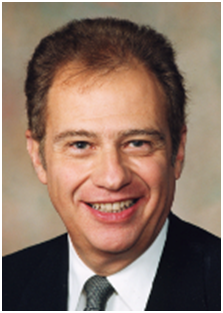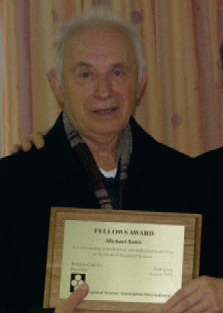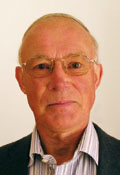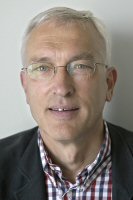2026 RSAI Fellows
Deadline to receive nominations: April 15th, 2026
2025 |
|||
 Bucharest University of Economic Studies, Romania
|
 University of Illinois Urbana-Champaign, USA
|
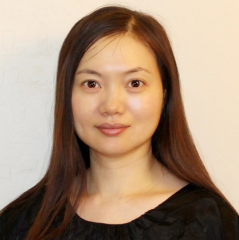 School of Geographical Sciences and Urban Planning at Arizona State University, USA
|
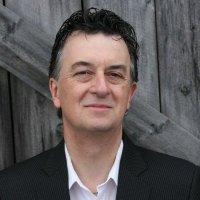 KTH Royal Institute of Technology, Stockholm; Jönköping International Business School, Jönköping, Sweden
|
2024 |
|||
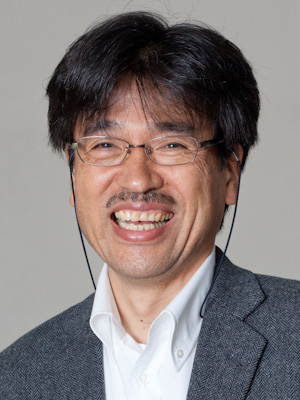 University of Tsukuba, Japan
|
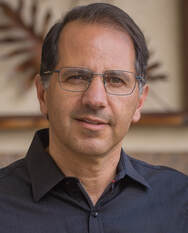 University of São Paulo, Brazil
|
 Politecnico di Milano, Italy
|
|
2023 |
|||
 University of Sao Paulo, BRAZIL
|
 Géographie-cités, FRANCE
|
 University of Groningen, THE NETHERLANDS
|
|
2022 |
|||
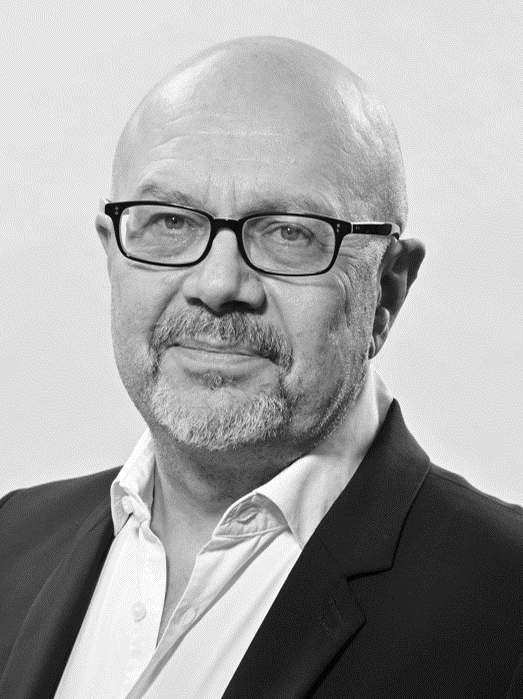 University Paris-Saclay, FRANCE
|
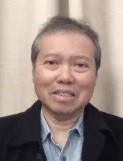 Australian National University, AUSTRALIA
|
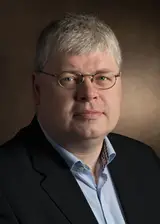
Erasmus University Rotterdam, THE NETHERLANDS
|
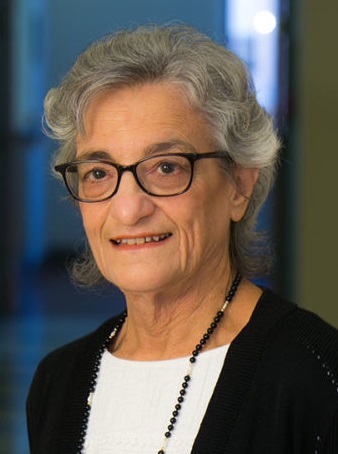 University of Southern California, USA
|
2021 |
|||
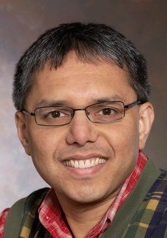 Rochester Institute of Technology, USA
|
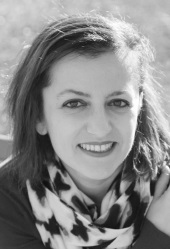 Gran Sasso Science Institute (GSSI), ITALY
|
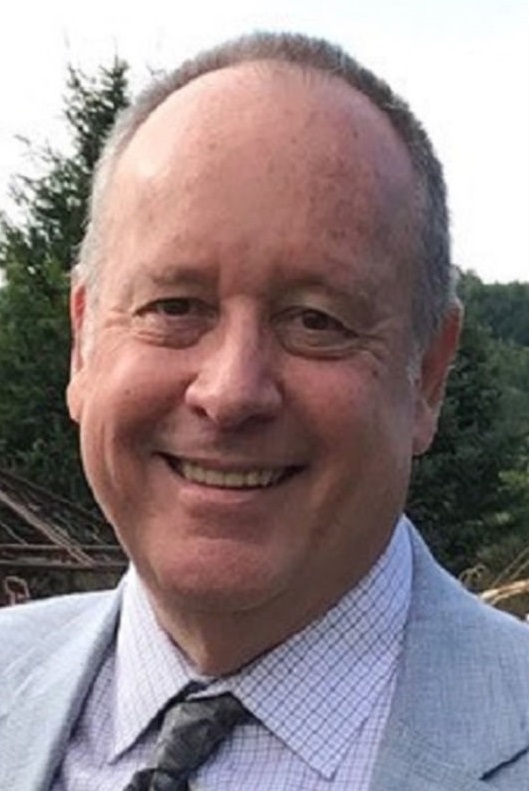 West Virginia University, USA
|
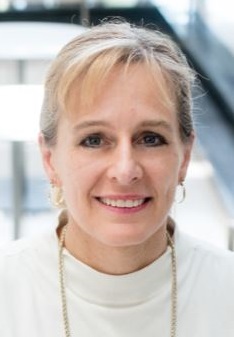 University of Texas at Austin, USA
|
2020 |
|||
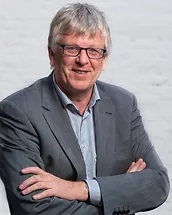 University of Groningen, THE NETHERLANDS
|
 University of Alcalà, SPAIN
|
||
2019 |
|||
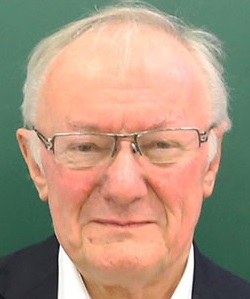 University College London, UK
|
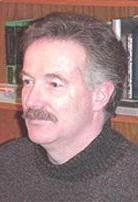 University of Maryland, USA
|
 Université catholique de Louvain, Belgium
|
|
2018 |
|||
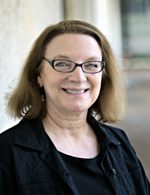 University of Houston, USA
|
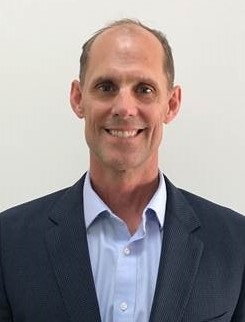 University of California at Santa Barbara, USA
|
 Oklahoma State University, USA
|
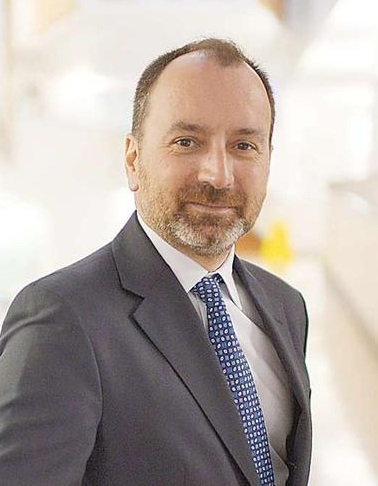 London School of Economics, UK
|
2017 |
|||
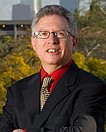 University of Southern California, USA
|
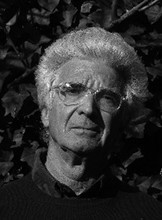 Roberto Camagni (deceased, 2023)
Politecnico di Milano, Italy |
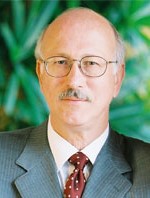 University of Southern California, USA
|
|
2016 |
|||
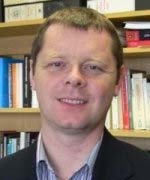 University of Groningen, THE NETHERLANDS
|
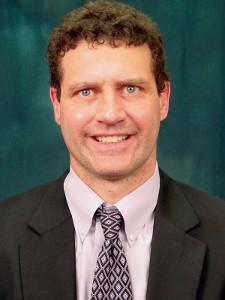 The Ohio State University, USA
|
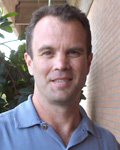 Arizona State University, USA
|
|
2015 |
|||
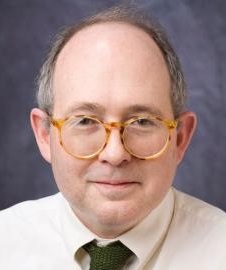 Cornell University, USA
|
Raymond J.G.M. Florax (deceased, 2017)
Purdue University, USA
|
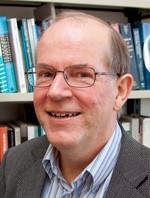 University of Waikato, NEW ZEALAND
|
|
2014 |
|||
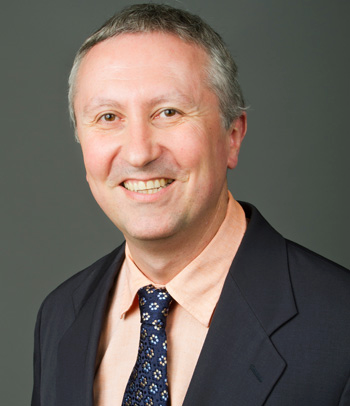 University of Pennsylvania, USA
|
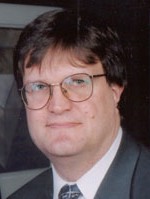 University of Toronto, Canada
|
|
|
2013 |
|||
|
Polytechnic Milano, ITALY
|
Kyoto University, JAPAN
|
Tönu Puu (deceased, 2020)
University of Umeå, SWEDEN
|
University of North Carolina at Charlotte, USA
|
2012 |
|||
|
Brian J.L. Berry (deceased, 2025)
The University of Texas at Dallas, USA
|
Ronald E. Miller (deceased, 2023)
University of Pennsylvania, USA
|
Syracuse University, USA
|
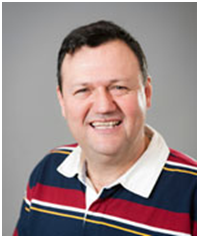 Stockholm University, SWEDEN
|
2011 |
|||
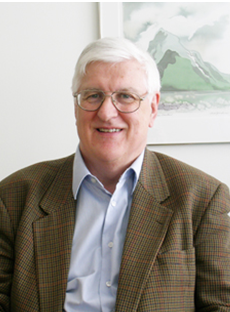
Åke E. Anderson (deceased, 2021)
Jönköping International Business School, SWEDEN
|
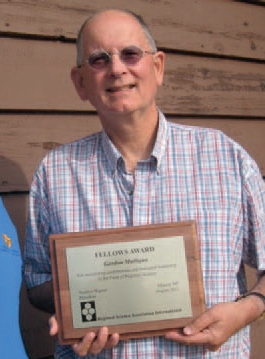
Gordon Mulligan (deceased, 2023)
University of Arizona, USA
|
||
2010 |
|||
|
Princeton University, USA
|
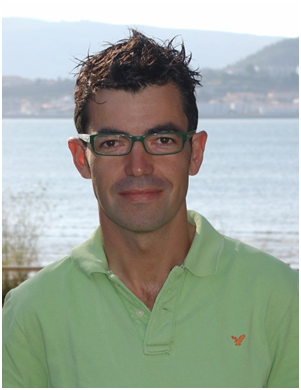 Madrid Institute for Advanced Studies, SPAIN
|
University of Bologna, ITALY
|
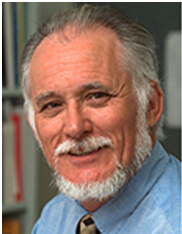 University of Queensland, AUSTRALIA
|
|
Federal Reserve Bank of Philadelphia, USA
|
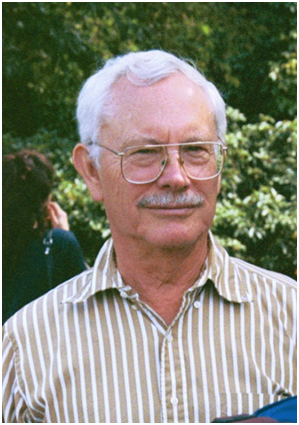
Richard Morrill (deceased, 2024)
University of Washington, USA
|
Michael Sonis (deceased, 2016)
Bar-Ilan University, ISRAEL
|
 University of Arizona, USA
|
|
VU University Amsterdam, THE NETHERLANDS
|
Wageningen and Groningen Universities, THE NETHERLANDS
|
|
|
2009 |
|||
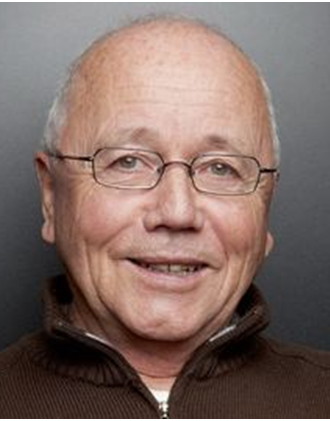 Antoine Bailly (deceased, 2021)
University of Geneva, SWITZERLAND
|
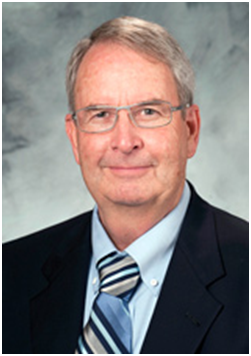 University of California, Santa Barbara, USA
|
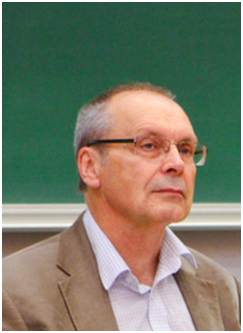 University of Strathclyde, UK
|
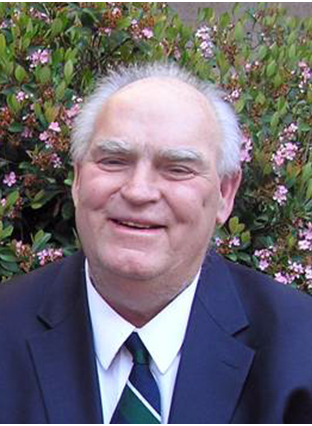 Reginald Golledge (deceased, 2009)
University of California, Santa Barbara, USA
|
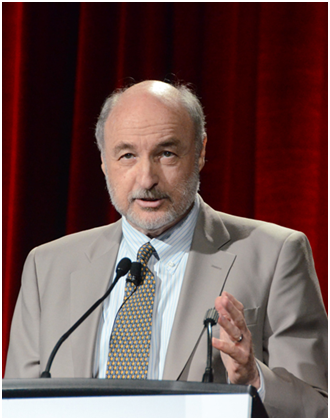 University of Southern California, USA
|
 University of Texas at Dallas, USA
|
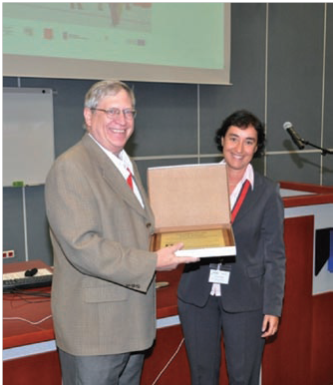 Florida State University, USA
|
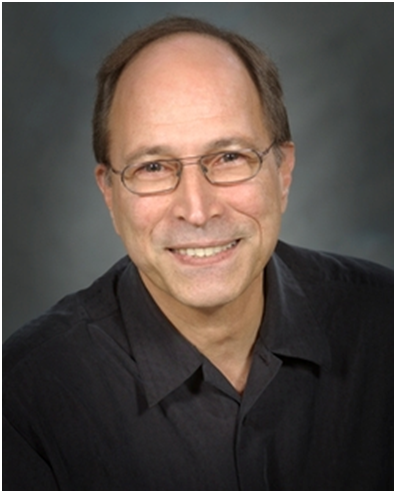 Texas State University, USA
|
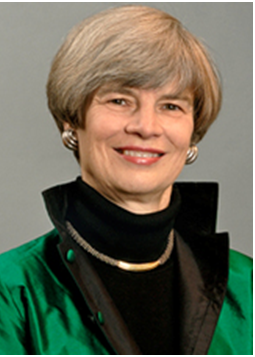 University of Pennsylvania, USA
|
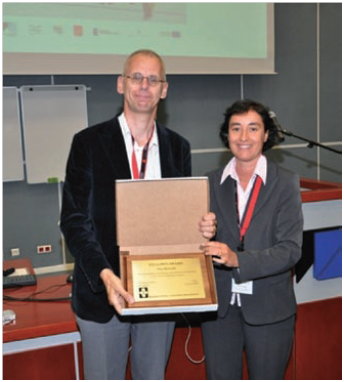 Piet Rietveld (deceased, 2013)
VU University Amsterdam, THE NETHERLANDS
|
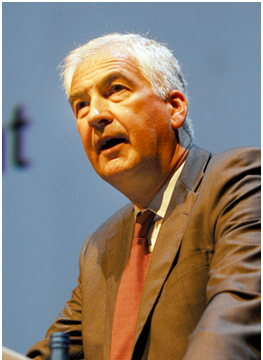 University of Oxford, UK
|
|
2008 |
|||
 T.R. Lakshmanan (deceased, 2020)
Boston University, USA
|
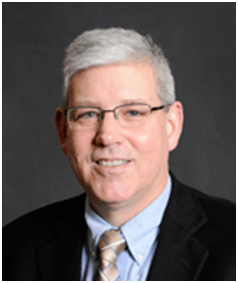 University of Illinois at Chicago, USA
|
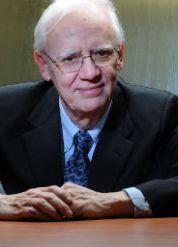 University of Illinois at Chicago, USA
|
University of Groningen, THE NETHERLANDS
|
 Harry W. Richardson
University of Southern California, USA
|
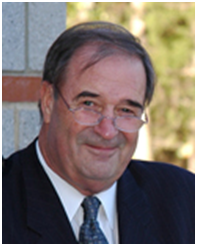 Roger Stough (deceased, 2019)
George Mason University, USA
|
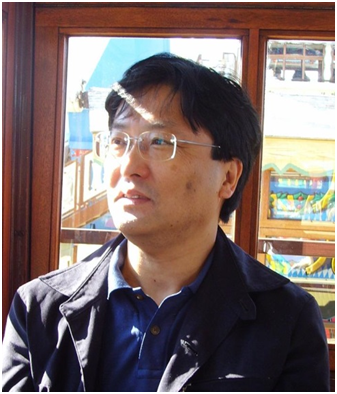 University of Tokyo, JAPAN
|
|
2007 |
|||
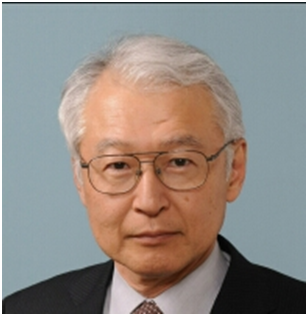 University of Tokyo, JAPAN
|
 Harry H. Kelejian (deceased, 2024)
University of Maryland, USA
|
 University of Massachusetts, USA
|
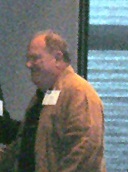 McMaster University, CANADA
|
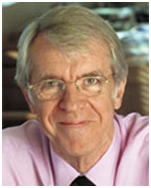 University College London, England, UK
|
|
|
|
2006 |
|||
 SUNY Buffalo, USA
|
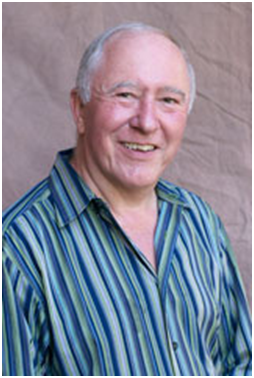 Richard Arnott (deceased, 2023)
Boston College, USA
|
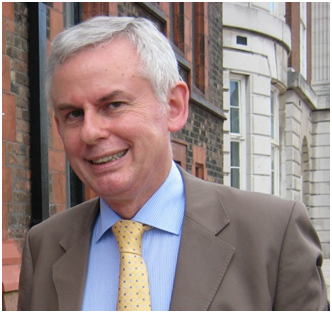 University of Liverpool, UK
|
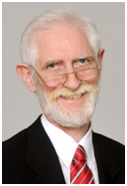 WU Wien, Vienna, AUSTRIA
|
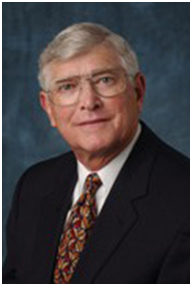 University of Colorado, Boulder, USA
|
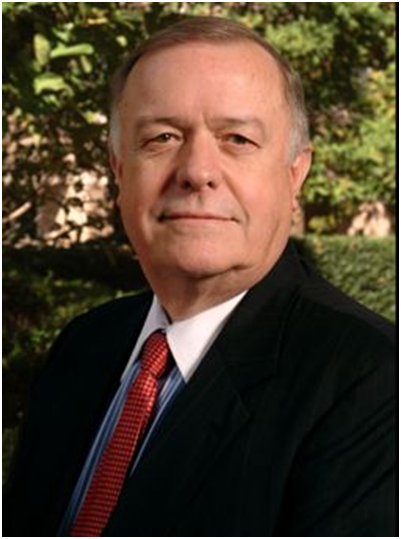 George Mason University, USA
|
 University of Illinois, USA
|
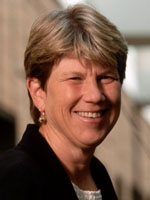 University of Minnesota, USA
|
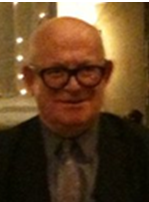 John Parr (deceased, 2023)
University of Glasgow, Scotland, UK
|
 University of California, Irvine, USA
|
|
|
2005 |
|||
|
Washington University in Saint Louis, USA
|
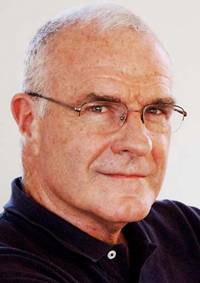 University of California, Irvine, USA
|
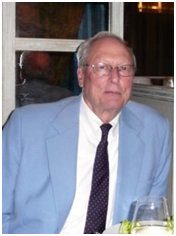 Arthur Getis (deceased, 2022)
San Diego State University, USA
|
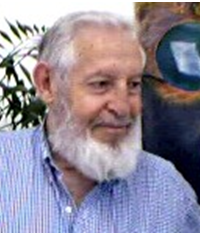 Tel-Aviv University, ISRAEL
|
 Massachusetts Institute of Technology, USA
|
|
|
|
2004 |
|||
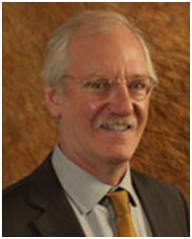 University of Illinois at Urbana-Champaign, USA
|
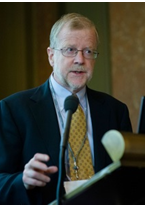 Brown University, USA
|
 Erasmus University, NETHERLANDS
|
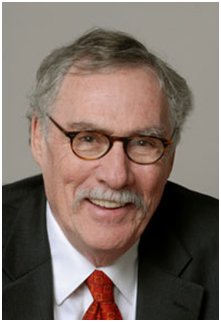 John M. Quigley (deceased, 2012)
University of California, Berkeley, USA
|
2003 |
|||
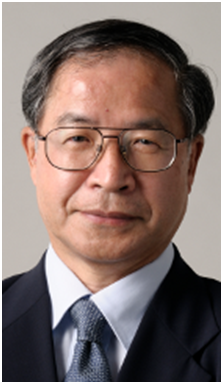 Kyoto University, JAPAN
|
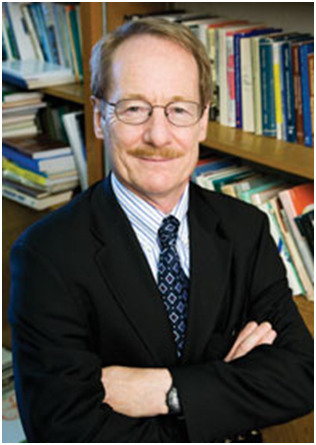 University of Illinois at Urbana-Champaign, USA
|
 University of Pennsylvania, USA
|
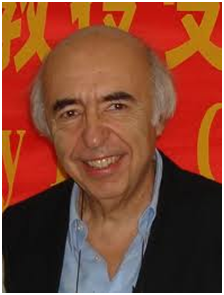 Catholic University of Louvain, BELGIUM
|
2002 |
|||
|
RSAI Council initiated the RSAI Fellows Award to honour a select group of members of the Association who have made important scholarly and research contributions to the field of regional science. The inaugural Fellows were the living recipients of the Founder's Medal at that time |
|||
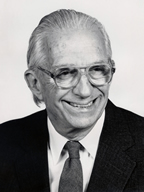 Walter Isard (deceased, 2010)
Cornell University, USA
|
 Martin Beckmann (deceased, 2017)
Brown University, USA and Technical University of Munich, Germany
|
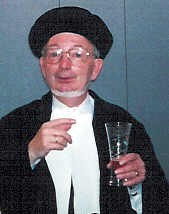 Jean Paelinck (deceased, 2025)
Erasmus University, NETHERLANDS
|
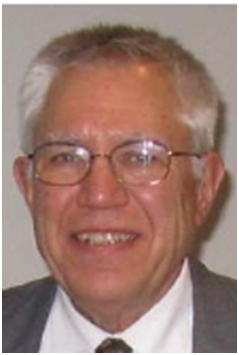 Northwestern University, USA
|
RSAI Fellows
RSAI fellows are distinguished scholars with a proven and recognized research record in the field of regional science during a considerable part of their scientific career. Such honoured members of the RSAI are appointed after a careful nomination and selection procedure, based on a broad consultation of the RSAI membership.
The RSAI fellowship is a world-wide sign of scientific recognition that is bestowed on a regional scientist with outstanding research credentials in his/her field. The RSAI fellowship does not imply any obligation to the Association, although it is expected that fellows on a voluntary basis will serve the scientific objectives of the RSAI whenever possible or appropriate.
Regional science has witnessed a great increase in scholarly interest and scientific publications all over the world. To create a vital Association, it is therefore critical that senior members - and, in particular, RSAI fellows – act as a role model, in particular for a younger generation. The RSAI membership should have the highest expectations on – and appreciation for – its fellows, given their past seminal research contributions.
RSAI fellows may contribute to the fulfillment of the goals of the Association by offering a scientific service or incentive to its members through various means, such as:
- Organization of a fellows’ meeting at any conference venue, where a major RSAI conference is taking place (ERSA, NARSC, PRSCO, World Conference). This could be a socializing meeting (e.g., a luncheon or late afternoon drinks) or a substantive meeting (e.g., an exploratory venue addressing future research strategies or topics).
- Organization of dedicated panels or focused fellows’ sessions at any major international or supraregional RSAI meeting with the aim to reflect on new methodologies or promising approaches in research.
- Organization of early-bird (breakfast) meetings, luncheon meetings or late afternoon drinks meetings with a small group of young researchers, based on an open subscription/application system, in which informal presentations (5-10 minutes) are held by young researchers (‘meet the professor’ meetings).
- Organization of a solid pre-conference special session at any major RSAI conference, with a balanced mix of seniors (in particular, RSAI fellows) and juniors (‘rising stars’), where fellows and rising stars present recent research work (in the long run, even joint senior-junior research work could be foreseen).
- Organization of short ‘next gen’ training courses, prior to any major conference.
- Organization of a voluntary ‘Foster Fellow Plan’, in which an RSAI fellow is willing to adopt for a period of (e.g.) one year a selected young researcher from a different country –in consultation with his/her supervisor – with the aim to provide network contacts or scientific guidance, or perhaps to start a joint research project.
- Organization of an RSAI column by a fellow in any issue of the RSAI Newsletter (after consultation of the Newsletter editors).
Any meeting or panel at conferences needs to be done in consultation with the conference organizers.
Limit on the Number of Fellows
- An upper limit on the number of fellows is set at 5% of the membership of RSAI.
- Fellows who are deceased are not counted in the upper limit on the number of fellows set out in 1 above.
Nomination and Selection Protocol of RSAI Fellows:
- Each RSAI member - except RSAI fellows – is entitled to nominate candidates for the RSAI fellowship, but self-nominations are not allowed. Each nomination has to be done through a standard concise nomination form that follows a systematic template (See below the “Standard Nomination Form for RSAI Fellows”. Nominations with additional attachments, as for instance the CV of the nominee, will be rejected).
- A nominee has to be RSAI member (or a member of any section recognized by the RSAI) and to meet the qualifications mentioned in Annex A.
- To be eligible, a nominee has to: i) be RSAI member (or a member of any section recognized by the RSAI) at the moment of the nomination; ii) having a long established membership; and iii) showing a strong commitment with the Association in order to be able to serve RSAI in the expected way described above.
- The selection of new RSAI fellows takes place only once a year, but nominations can be sent in at any time and will be considered for a given selection round, if they have been received before a given deadline. A nomination has a maximum life of two years.
- All nominations will be put on a list supplemented with non-elected candidates for the RSAI fellowship who were on the short list from the previous year.
- The short list will be screened by the RSAI fellows selection committee (in consultation with the RSAI President and Executive Director). This committee comprises 3 RSAI fellows appointed by the RSAI Council for a period of staggered 3-year terms. The President and Executive Director will make the nominations for Council’s consideration unless Council sets up a special committee that handles this nomination process.The selection committee has to seriously consider all available information on the candidates and remove candidates (unanimous vote) who do not qualify according to the eligibility requirements and the expected profile described above.
- The selection committee can also decide to reduce the list of nominated RSAI members to a manageable number, so that candidates can be selected with a qualified majority. This short list should normally not contain more than 10 to 12 names and no fewer than 8 names (unless the number of nominations is fewer than eight).
- The short list is next circulated to all RSAI fellows, who have the exclusive right to vote for (a maximum of) 3 candidate-fellows. No ranking of candidates is allowed.
- The only upper ceiling that may be imposed on the number of candidates in a given year is a number that would result in exceeding the limit on the total number of Fellows permitted as a percentage of the membership of RSAI.
- A vote of at least 1/3 will normally mean election, unless that would exceed the ceiling referred to in #8 above.
- The selection committee informs the RSAI Director of the final selection results, who will communicate these results to the selected RSAI fellows, the RSAI Council, and the home institutions of the newly appointed fellows.
Standard Nomination Form for RSAI Fellows:
- Factual bio-data on candidate, including a proof for RSAI membership
- Professional career of candidate (max. 100 words)
- Substantive contribution to regional science (max. 200 words)
- Path-breaking publications on regional science (max. 5)
- Signs of international scientific recognition (max. 50 words)
- Reasons for nominating the candidate (max. 50 words)
To ensure full consideration by the committee, these materials should be provided in electronic format (pdf preferred) by April 15 of each year.
Submit nominations by April 15, 2026 to: Ana Vinuela, RSAI Executive Director (This email address is being protected from spambots. You need JavaScript enabled to view it.)

